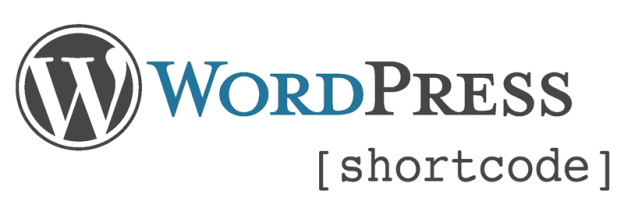Home / Wordpress / Page 2
The WordPress Shortcode API allows you to render template blocks by simply calling the shortcode in a post or page. Template blocks can be a part of a theme or a plugin, but may be included by entering a shortcode for the template when creating a post/page in wp-admin, allowing users to easily include content. more…
Changing the base of author links in the url
In WordPress the author’s page is usually linked to at the url /author/. We can easily change the author base in the link to anything we want using the wp_rewrite object. more…
Adding a front end login form that uses AJAX to log users in is a relatively simple procedure, but requires a little understanding about how WordPress handles authentication. WordPress offers a great function to enable us to log users in programmatically called wp_signon. more…
Creating a plugin for WordPress is a really simple process and allows you to create reusable code that you can incorporate into any project or share with others. WordPress has some great support for getting started, I recommend you head over to the Writing a Plugin article in the Codex. more…
The stock WordPress user profile is fairly limited in the fields it offers. Lets say you want to add a Facebook or Pinterest field to an author profile? There are a few ways we can go about adding some profile information to the user. more…
Accessing PHP variables in javascript using WordPress can come in very handy, especially in plugins or themes that use separate javascript files and php page templates where accessing a variable is not possible to do directly. A great example of where this would be necessary is when you have a string that needs to be translated using PHP but is to be rendered using javascript, maybe in an alert box or error message more…
